The Coat of a Warm Memory: The Music of Garm Coat (1955)
Subscribe to read full article
This section is for paid subscribers only. Our subscription is only $37/- for one full year.
You get unlimited access to all paid section and features on the website with this subscription.
Not ready for a full subscription?
You can access this article for $2, and have it saved to your account for one year.
Lata Mangeshkar was so moved by the compositions of Pandit Amarnath, the doyen of the Indore Gharana who pioneered the khayal, that she refused to be paid for her rendition of the songs. Pandit Amarnath’s daughter looks back at the film and its music…
To a girl child growing up in the 1970s in Delhi, in a home where classical music was revered and film music generally looked down upon, it had been a huge revelation for me. That my classical musician father had composed songs for a Hindi film was well-nigh impossible for me to believe!
My sister had proudly declared that like the many other good things that had happened in our family, this too had to have happened in 1955, the year of her birth! She then proceeded to tell me about all my father’s adventures and misadventures in the few months that he had spent in the city of dreams that year. I began to try and piece together the fragments.
It was however difficult to visualize this experience of his in the absence of any recordings, or any information about it forthcoming from him. He had long since moved on, or rather moved back to his cocoon of classical music saadhna and teaching in Delhi. So, he hinted about not making much ado about nothing each time I had wanted to know more.
Until the day when he finally allowed nostalgia to sweep over him, and excitedly told us all that Doordarshan was going to telecast the film the following Sunday. I was excited that I was finally going to see the film and hear the songs. I readied the small tape recorder that we had recently acquired, to start-stop on cue and record the songs as the film would play.
For many years after that, the scratchy recording played itself out. It was my only way of knowing and reiterating that my father was not just an icon in the world of classical music – of which I was rather impatient – but had also been a well-regarded music director for a unique film.
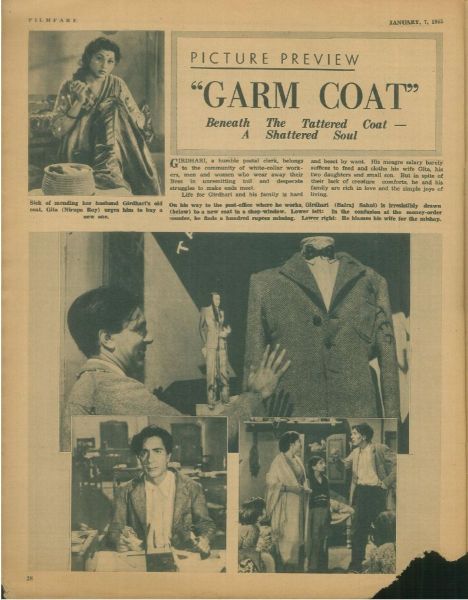
It relocates Nikolai Gogol’s short story ('The Overcoat’1842) to a post-Partition north India coping with economic crisis and financial woes, human goodness struggling in the face of growing cynicism towards state institutions. It was directed by Amar Kumar and written by noted writer Rajinder Singh Bedi, and was one of the many films of the era that depicted north India in economic doldrums in the wake of the Partition. The music of Garm Coat showcased the general mood of struggle and despair woven so deeply into the social fabric of the time.
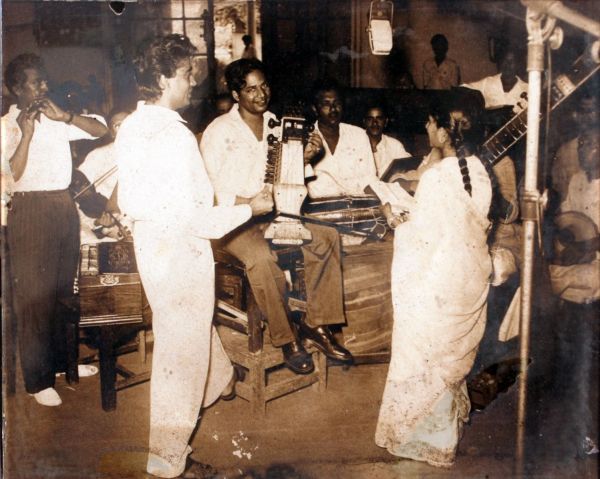
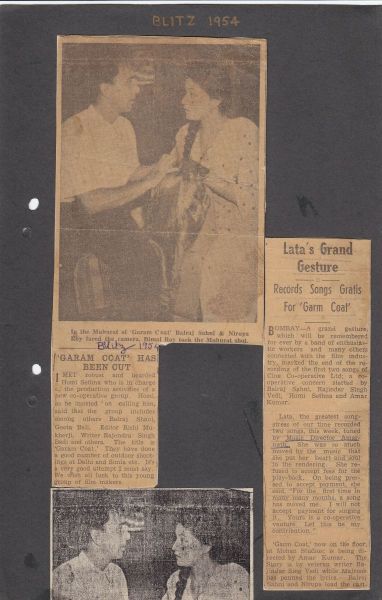
There’s a famous story around the songs rendered by Lata-ji. She tore up the cheque she received for singing those songs, saying, ‘After many years of singing, these songs have moved me immensely. Yours is a cooperative venture, let this be my contribution towards the making of the film.’ The words made front-page news in Screen, the well-known film tabloid of those days.
Pandit-ji, however, was not one to capitalize on an opportunity at the cost of missing his true calling: classical music. And so, Garm Coat remained his only warm memory from the world of films.
Tags
About the Author

Gajra Kottary is a Mumbai-based author of two short story collections and three novels. She is also an award-winning television scriptwriter who has written the story for several long running series like Astitva Ek Prem Kahani, Balika Vadhu and Buddha among several others. She is currently reinventing herself to write web series and films.




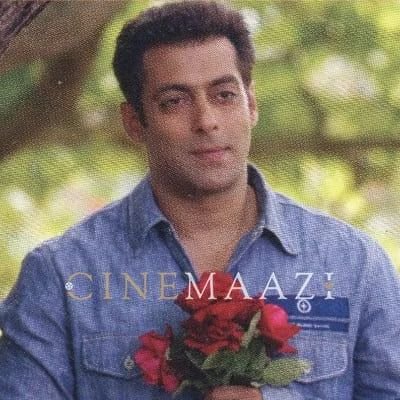
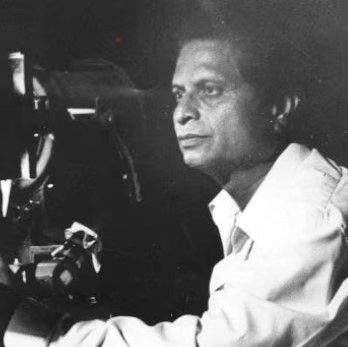
.jpg)



